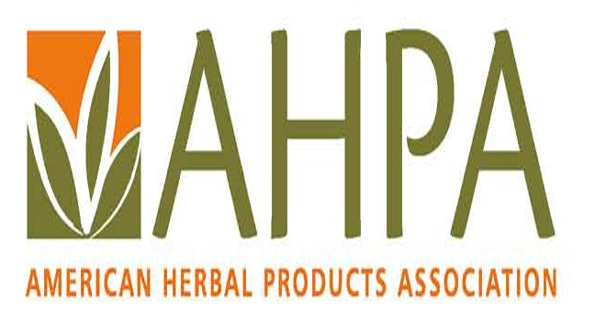McGuffin points out flaws in statistics and research New York Times article.
December 17, 2013

In a letter to the editor of the New York Times, American Herbal Products Association (AHPA) President Michael McGuffin expresses concerns about the accuracy of research and statistics used in the Dec. 14 opinion piece, "Skip the Supplements."
The piece's authors attempt to highlight the dangers of supplements using a questionable estimate "that approximately 50,000 adverse reactions to dietary supplements occur every year." McGuffin notes that this estimate is flawed and outdated because it was based on data gathered from 1994 to 1999 that found the rate of submission of drug- and vaccine-adverse events to be "probably no more than one percent" in most cases. The researcher who published the referenced analysis opined that the rate of reporting for dietary supplements would not be higher than the rate for drugs and vaccines. Using a "best estimate" of "less than one percent" as the reporting rate for supplements, the researcher estimated that the actual adverse reaction rate was at least 100 times greater than the number actually reported. McGuffin's letter also stresses that this estimate was developed before the 2006 passage of a law that now requires serious adverse event reports received by supplement companies to be submitted to FDA.
"The authors also ignore the fact that submission of an adverse event report to FDA is not considered to be evidence of a cause-and-effect relationship between the product used and the reported event," McGuffin wrote. "This is true for the approximately 8,000 serious adverse event reports that FDA estimates it receives each year for supplements, and also for the 499,000 serious adverse event reports that the agency states it received in 2011 for drugs and therapeutic biologic products."
The article also used additional questionable data from a recent DNA barcoding analysis of U.S. and Canadian supplements that purportedly showed that some products did not contain the herbs identified on their labels. McGuffin stressed that the DNA analysis involved use of an emerging but unproven technology, and any blanket assertion about the accuracy of this novel analytical tool is premature.
The letter to the editor also criticizes the article for hand picking rare examples of adulterated supplements that were quickly removed from the market to sensationalize the dangers of supplements.
"Ignoring the fact that these examples demonstrate how current regulations enforced by FDA keep dangerous products off the market, the authors suggest that supplements be regulated like drugs. But these products are not drugs and should not be regulated as drugs," McGuffin wrote.

You May Also Like


